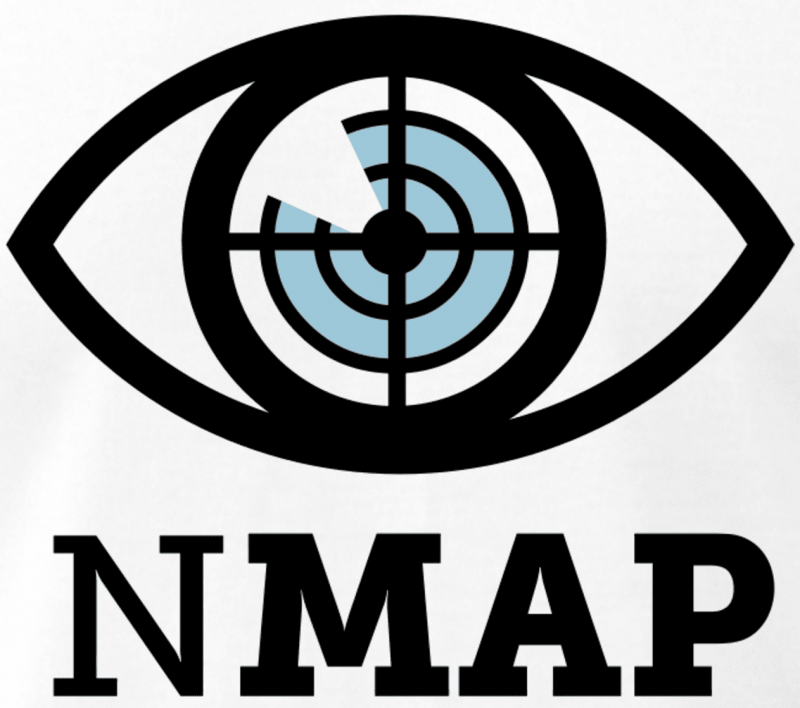
Nmap is a powerful and popular network scanning tool commonly used by hackers and security professionals alike. The tool was first created by Gordon Lyon, also known by his pseudonym Fyodor, in 1997. Since then, Nmap has become a staple in the arsenal of hackers and security experts due to its versatility and effectiveness in scanning networks for vulnerabilities.
Nmap utilizes a variety of scanning techniques to gather information about target networks and systems. These techniques include TCP connect scans, SYN scans, UDP scans, and others. By using these different scanning methods, Nmap is able to identify open ports, services running on those ports, and potentially vulnerable systems within a network.
One of the key features of Nmap is its ability to perform host discovery, meaning it can determine which hosts are online and reachable on a network. This allows hackers to target specific systems for exploitation and gather valuable information about potential vulnerabilities.
In addition to its scanning capabilities, Nmap also includes a scripting engine called NSE (Nmap Scripting Engine) that allows users to write and execute custom scripts to automate tasks and perform more advanced scanning techniques. This feature has made Nmap a favorite tool among hackers for its flexibility and customization options.
Nmap has a long history of being used for both ethical and unethical purposes. While many security professionals use Nmap to identify and fix vulnerabilities in networks, hackers have also utilized the tool to conduct reconnaissance on target systems and launch attacks. Due to its effectiveness in scanning networks and identifying weaknesses, Nmap has earned a reputation as a valuable tool in the hacker's toolbox.
Over the years, Nmap has continued to evolve and improve with regular updates and new features being added to the tool. This ongoing development has ensured that Nmap remains a top choice for hackers and security professionals looking to secure their networks or conduct penetration testing.
Despite being a powerful tool, Nmap is not without its limitations. For example, some network security measures, such as firewalls and intrusion detection systems, can detect and block Nmap scans, making it more difficult for hackers to gather information about target systems undetected.
In recent years, Nmap has also faced criticism from some in the security community for being too aggressive in its scanning techniques, potentially causing disruptions to target systems. As a result, some hackers have turned to alternative tools that offer more stealthy and subtle scanning options.
Overall, Nmap remains a valuable tool for hackers looking to identify vulnerabilities in networks and systems. Its versatility, customization options, and ongoing development make it a reliable choice for security professionals and malicious actors alike. As technology continues to advance, Nmap will likely continue to adapt and improve, ensuring its place as a leading network scanning tool for years to come.